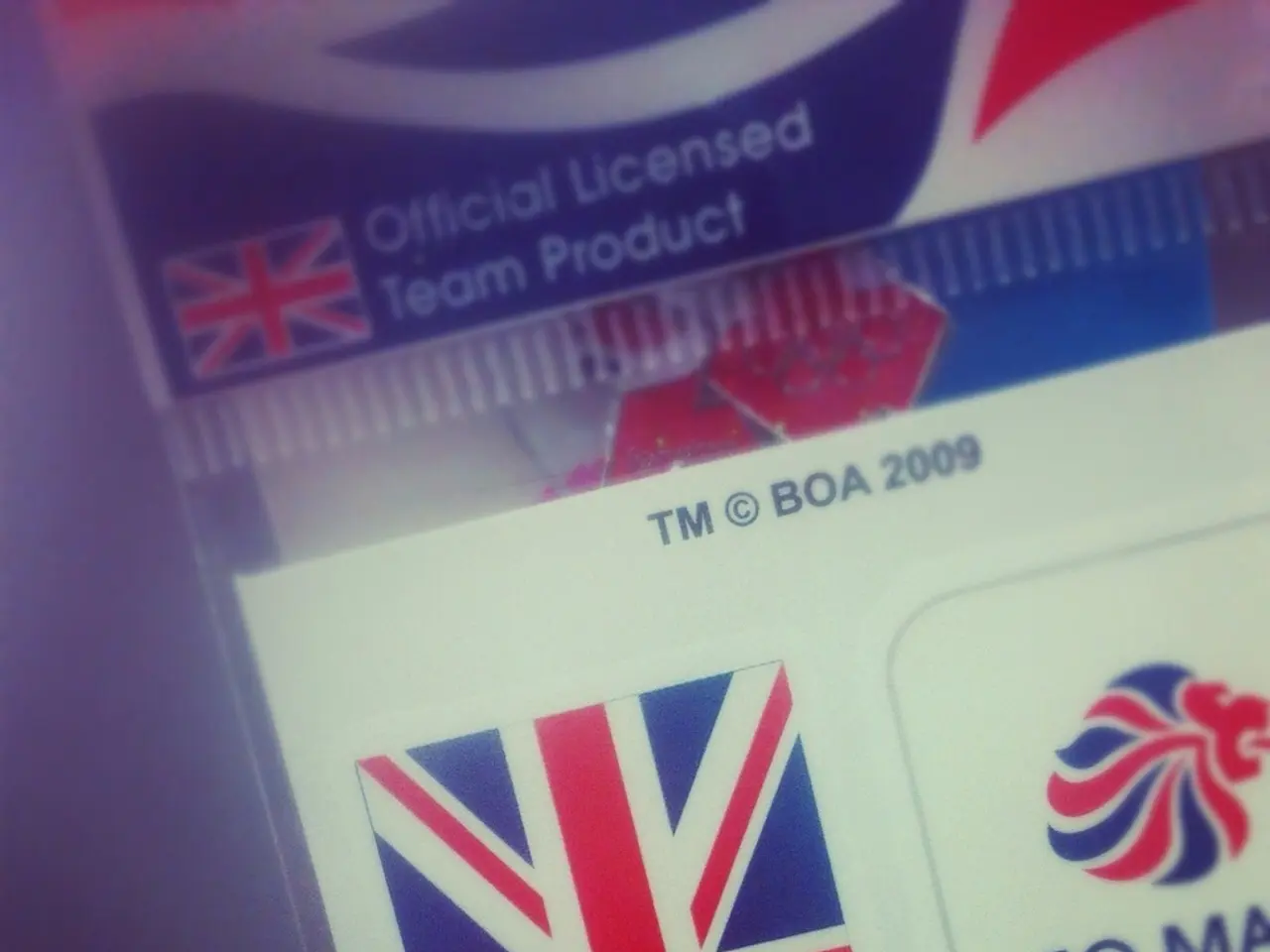Massachusetts Court Amends Business Litigation Guidelines: First Circuit Rule Implemented for Waiving Attorney-Client Privilege, Work Product Doctrine Definition Strengthened
In a significant ruling on July 25, 2025, Judge Debra A. Squires-Lee issued a decision that marked a notable development in Massachusetts law. The case, Allen v. Christensen et al., clarified the limits of subject matter waiver of attorney-client privilege and reaffirmed strong protections around the work product doctrine.
The updated Massachusetts law, as defined in the recent case Allen v. Christensen et al., establishes that subject matter waiver should be limited and applied only when fairness demands it. Specifically, if privileged information is disclosed in litigation to support a claim or defense, opposing parties may then discover all privileged information on that subject to fairly test the assertions. However, if the disclosure is extrajudicial, fairness does not require extending the waiver to the whole subject matter.
Regarding the scope of the work product doctrine, the same decision clarifies that work product protections remain significant in Massachusetts. The ruling encourages careful handling of privileged communications and work product materials to avoid unnecessary waiver or disclosure. Documents prepared for an attorney in anticipation of litigation are entitled to the protection of the work product doctrine, even if not sent to counsel.
The court's approach appropriately balances the protections of the attorney-client privilege and the requirements of fairness to both parties in litigation. For instance, in Allen v. Christensen et al., the plaintiff sued to enforce promises to carried interest and profit participation. The plaintiff had forwarded a limited number of emails with his lawyers regarding the dispute to members of his family before commencing litigation. Despite this, the court denied the motion to compel all other privileged communications on the plaintiff's privilege log, arguing that by waiving the privilege as to the specific emails he forwarded, the plaintiff had not effectuated a subject matter waiver of every other communication with counsel on the same topic.
This ruling aligns Massachusetts with more nuanced, federal standards balancing disclosure risks with fairness. Many courts have attempted to rein in the draconian approach to subject matter waiver by balancing the consequences of disclosure with principles of fairness. Clients can and often do prepare chronologies to refresh their memory and assist them in conveying factual information to counsel in person or over the phone. Even without physically providing the document to their counsel, such documents are protected by the work product doctrine.
The court's decision reinforced long-standing law about the scope of the work product doctrine. Traditionally, courts found that once a privilege holder waived privilege as to some privileged material, that waiver extended to all other materials concerning the same subject matter. However, the Allen v. Christensen et al. decision marks a shift away from this broad rule, limiting subject matter waiver to cases where its use in litigation justifies fairness-based discovery.
In summary, Allen v. Christensen et al. is a landmark decision that limits subject matter waiver of attorney-client privilege to cases where its use in litigation justifies fairness-based discovery, while reaffirming strong protections around work product. This approach appropriately balances the protections of the attorney-client privilege and the requirements of fairness to both parties in litigation.
Reference: - WilmerHale Client Alert (2025): Massachusetts Superior Court adopts First Circuit standard on subject matter waiver and clarifies work product doctrine in Allen v. Christensen et al.[1]
In the context of the Allen v. Christensen et al. case, the ruling established that financial documents prepared in anticipation of litigation fall under the work product doctrine and receive protective status, even if they haven't been directly shared with legal counsel. Furthermore, the decision highlights the importance of careful handling of privileged materials in business disputes to avoid unintended waiver of attorney-client privilege, potentially leading to increased finances spent on litigation.




